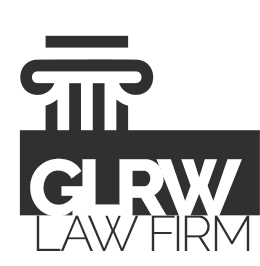13 Dec Can My Landlord Evict Me With No Warning in NJ?
A New Jersey landlord cannot evict a tenant for reasons other than failure to pay rent unless the landlord first gives the tenant a prior written notice of the reason for the potential eviction. After receiving this notice, the tenant typically has 30 days to correct the conditions that the landlord has raised in the proposed eviction notice.
The eviction attorneys at New Jersey Eviction Law in Mount Holly represent tenants that are facing New Jersey eviction proceedings. New Jersey imposes strict requirements and procedures that landlords must follow before a tenant is forced to vacate a leased apartment or other property. We help tenants to verify that their rights are fully protected and that landlords are giving tenants the full latitude they deserve in these proceedings.
An eviction notice describes the reasons for the proposed eviction
Landlords might have a number of legitimate reasons for evicting a tenant in NJ, including:
- Non-payment or frequent late payment of rent
- Violation of lease terms and conditions, for example, keeping a pet in an apartment when the lease prohibits pets
- Damaging or destroying the leased property
- Criminal conduct (drug transactions, etc.) at the leased premises
- The property has become uninhabitable due to violations of health or safety codes
Under certain circumstances, a landlord might provide the tenant with an Unconditional Notice to Quit, in which event the tenant will not have a chance to resolve the problems that the landlord has raised. Tenants that receive an unconditional eviction notice in NJ should immediately contact an experienced eviction lawyer to protect their rights and interests.
Evictions and eviction notices only apply to legal tenants
Any person that does not have a written or oral lease for an apartment or other rental property is not considered to be a legal tenant at the property. This includes, for example, subtenants in a property where the original tenant’s agreement does not allow subleasing, and squatters that move in with the original tenant.
To remove illegal occupiers from a leased property, a landlord may be able to request an ejection and apply for a writ of possession. Contact a New Jersey eviction lawyer if a court issues a writ of possession against you. You may have valid defenses to this action if you ever paid any rent to the landlord.
Call the New Jersey Eviction Attorneys at GLR&W, LLC
New Jersey law provides several provisions to protect tenants from landlords that try to avoid the State’s formal notice processes and eviction proceedings. For more than 50 years, the eviction attorneys at GLR&W, LLC in Mount Holly have helped tenants to avoid the worst excesses of predatory landlords and to protect their rights when they are dealing with an eviction proceeding.
Please call our offices to speak with one of our eviction lawyers about how we can help you to manage an eviction action that your landlord is attempting to prosecute against you.



Sorry, the comment form is closed at this time.